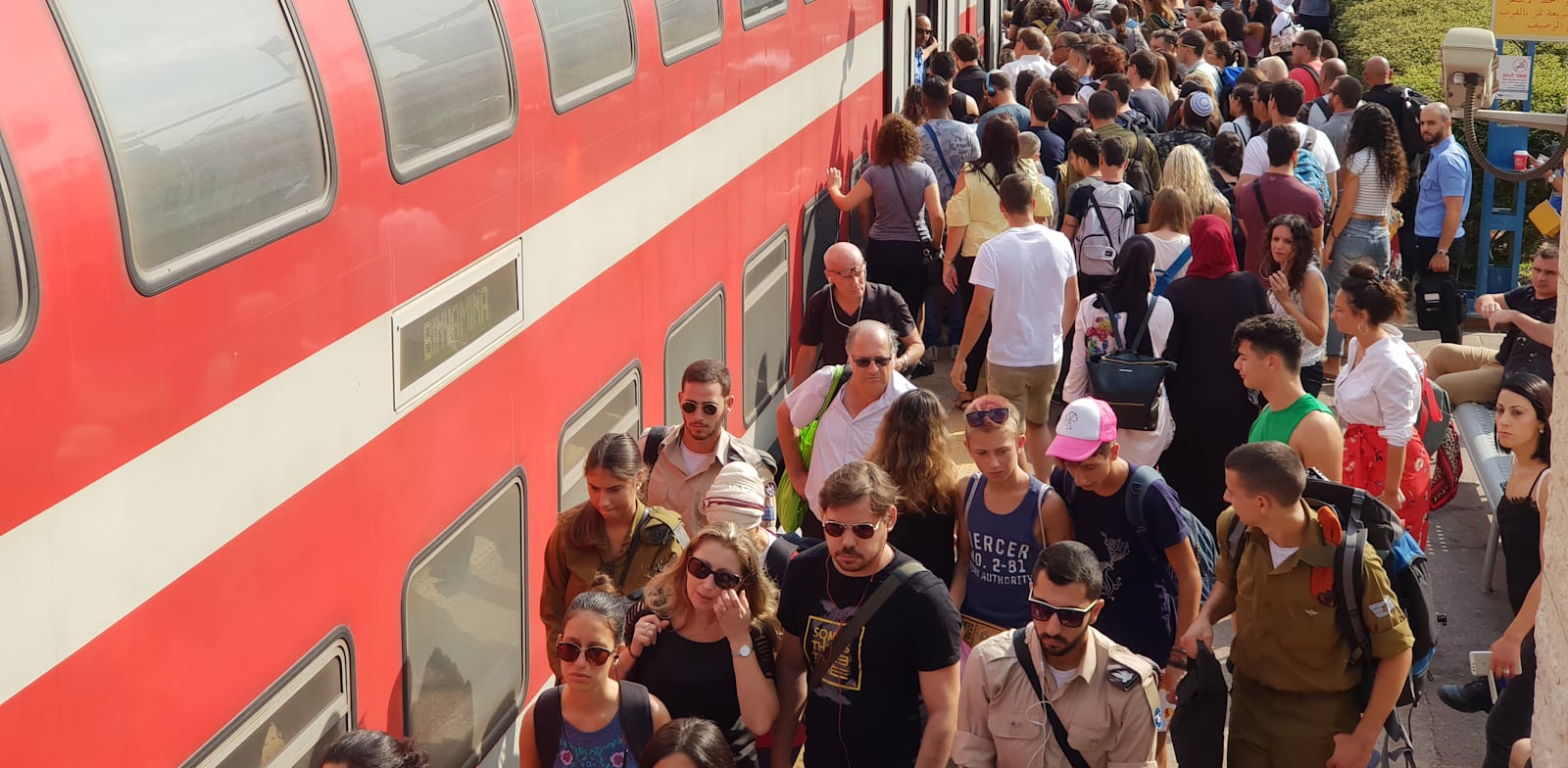Smotrich promoting bill to expedite infrastructure projects
Minister of Finance Bezalel Smotrich is promoting a national infrastructures bill as part of the upcoming Economic Arrangements Law accompanying the state budget. Together with his plan to revive the infrastructures staff at the Ministry of Finance, it looks as though Smotrich is preparing the ground for concentrating infrastructure policy under his ministry’s control.
The bill, which appeared in the previous draft Economic Arrangements Law and was later removed from it because of the large number of measures that the law contained, seeks to regulate the conduct of major infrastructure projects in Israel.
It is not yet clear what powers the bill will contain, but previous drafts indicate the main principles, among which are the appointment of project managers at infrastructure companies that will promote national initiatives; a procedure for dealing with obstacles at the infrastructures companies and a timetable for doing so; and relaxations and setting of priorities in various cases, such as concerning noise and cutting down trees. The bill also gives preferential status to national projects over stop work orders that local authorities can issue. These provisions were put together, according to the preamble to the draft Economic Arrangements Law for 2023, “following the lessons of the construction works for the Dan metropolitan area light rail, and with the aim of preventing improper use of administrative orders… that are liable, without real justification, to adversely affect the timetables of national infrastructure developments and even raise their cost.”
The preamble also states that the government will determine ten national projects that will be defined as preferential projects. It is believed that the list of projects will be similar to that in the previous government’s decision, but there may be changes. Among the projects are the light rail systems in Jerusalem and the Dan region, the Tel Aviv Metro, to which a special separate law will be devoted, the fourth railway track along the Ayalon, the doubling of the coastal railway line, a new international airport, power infrastructure in the Dan region, and construction of a desalination plant in Galilee.
“Infrastructure development is one of the most complex and important tasks of the Israeli economy, among other things in the light of various studies testifying to the connection between productivity in the economy and the standard of infrastructure in it,” the preamble states.
Alongside the law, the infrastructure staff at the Ministry of Finance will be reinstated. The staff, which will be responsible for coordination between ministries, was in operation when Israel Katz was minister of finance but was disbanded under Avigdor Liberman.
RELATED ARTICLES

NIS 850b required by 2040 to keep Israel moving – study
Setting up the staff, and passing the Metro law and the national infrastructure law, may remove many obstacles, but these measures are not enough. Infrastructure in Israel still suffers from under-investment, a shortage of manpower, and constantly changing government policy.
According to a study by The Aaron Institute for Economic Policy at Reichman University, the state needs to invest no less than NIS 850 billion in transport infrastructure by 2040, which the study finds will yield an economic benefit of NIS 150 billion annually by the target year. Current investment in transport infrastructure is just over NIS 20 billion annually.
Published by Globes, Israel business news – en.globes.co.il – on January 5, 2023.
© Copyright of Globes Publisher Itonut (1983) Ltd., 2023.
For all the latest Business News Click Here
For the latest news and updates, follow us on Google News.
